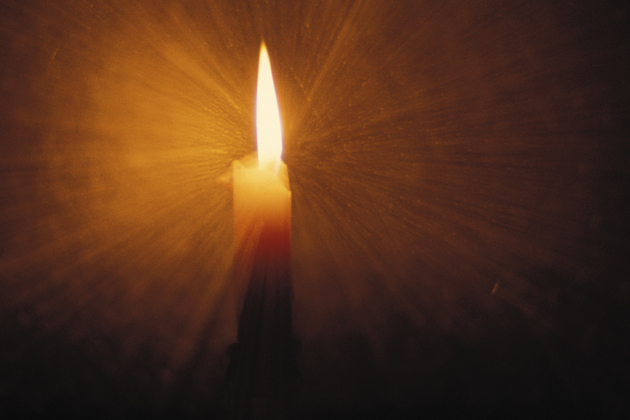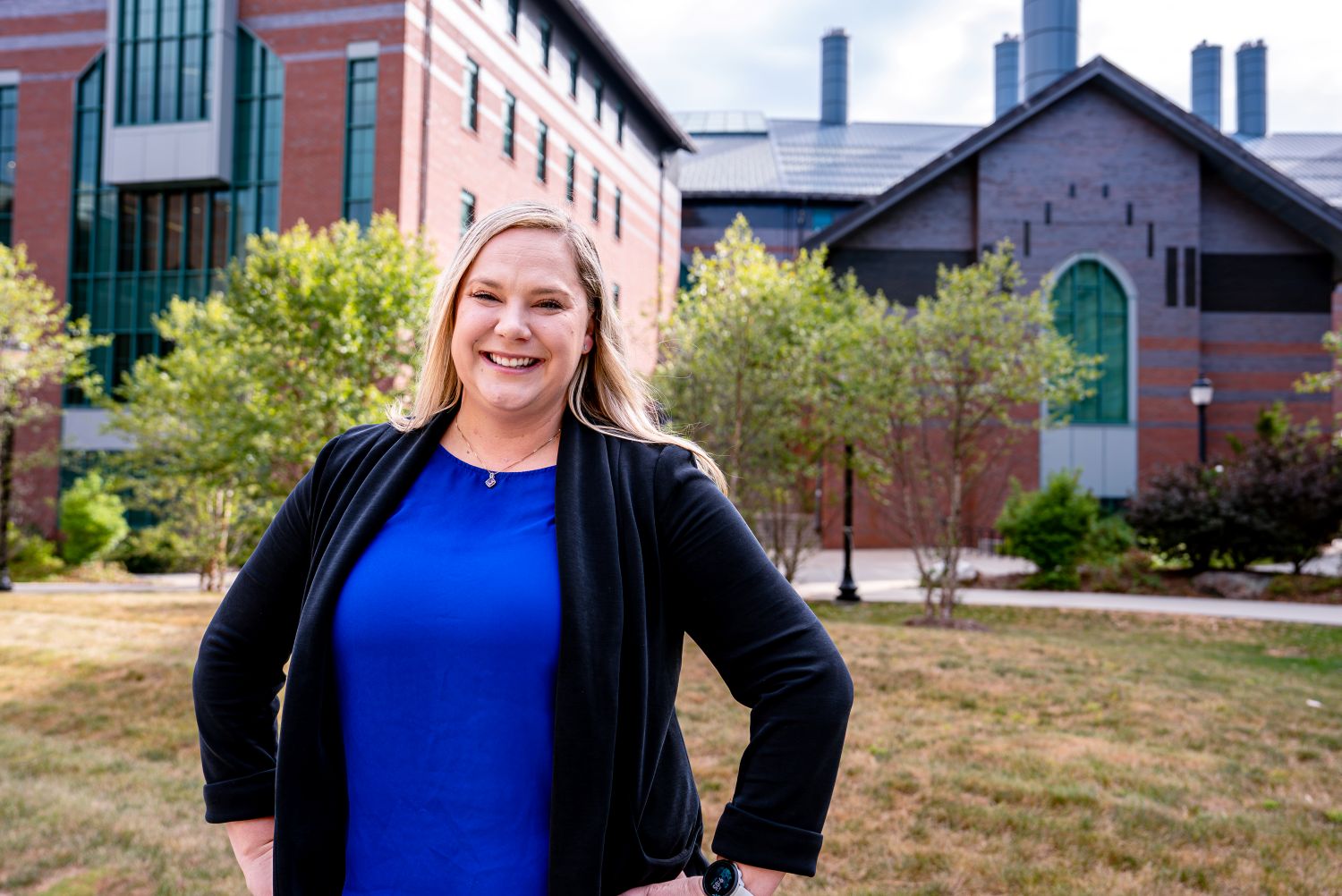On May 16, while returning from a Danube river cruise, Donald H. Crosby, emeritus professor of German studies and comparative literature, collapsed and died on board the plane. He was 88.
Crosby was on the University of Connecticut faculty from 1970 until his retirement in 1990. His specialty was Romanticism, as evidenced by courses he taught such as “German Lyric Poetry,” “Literature of the Goethezeit,” “The Romantic Era,” and “Poetry of the 19th Century.” Branching out from his own dissertation on the German dramatist Kleist, he developed a course on “Contemporary German Theater” and initiated acquisition of the University’s collection of classic and modern German drama on videotape. He drew on his personal passion for classical music to enrich standard courses and to create others, such as “Literature and Music.” Another original course was “World War II from the Perspective of German Historians and Novelists,” which enjoyed interdisciplinary popularity.
Following World War II service in the Philippines, Crosby earned his Ph.D. from Princeton and was in the first class of Fulbright Scholars sent to Germany after the war. He taught at Indiana University, the University of Kansas, Dartmouth College, and City University of New York. But prior to his academic career, he detoured into the National Security Agency, where his remarkable memory for passages of German literature brought success in breaking codes used by East Germany during the Cold War.
After retirement, Crosby moved to the Washington, D.C., area and lectured for the Smithsonian, the German Embassy, Johns Hopkins University, the Kennedy Center, and the Goethe Society. He was a charter member of the Wagner Society of Washington, D.C., later receiving the Wagner Award for lectures on Wagner’s music and his place in German culture.
Crosby’s legacy comes from his personal mission to promote understanding that the 12 years of Nazi horrors should not erase from the world’s cultural memory centuries of achievements in the German literature, philosophy, poetry, and music that he loved.



